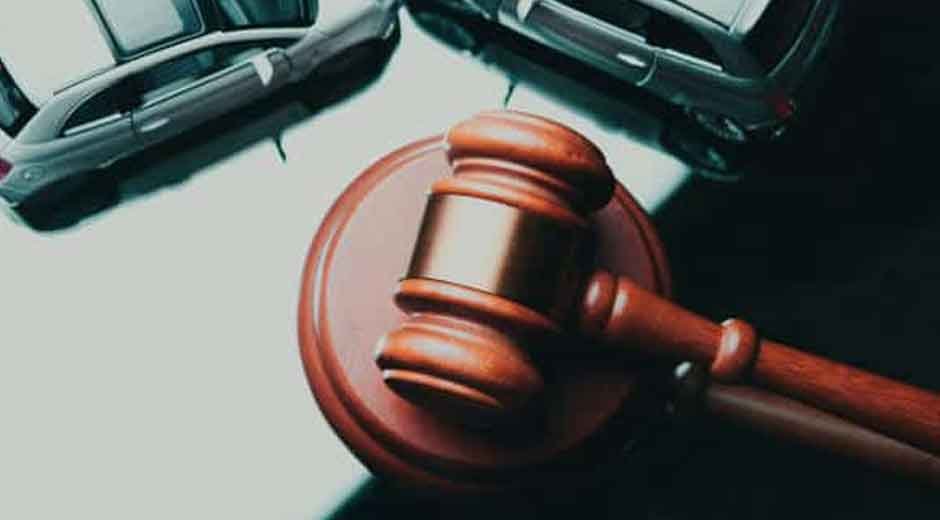Did you find your car the perfect one initially, but then it became a costly, stressful problem? This is quite frustrating when your car causes problem and if spends more time in shop rather than being on road or being with you. If you think this occurs with you, you have a valid lemon law case. However, while only knowing that you’ve a valid case is fine, proving that it is a valid case is more important and challenging. What matters the most is the evidence you collect, like solid proof, which may make a difference in winning the case or walking away empty-handed. Here, you’ll learn about the kind of evidence to gather and how to do it in a correct manner, especially if you’re planning to work with a lemon law firm in Los Angeles.
Start With Your Purchase Records
The case starts when you sign the purchase papers. But, keep in mind that you need to keep all your documents in one safe place about your car purchase. It may include your warranty, sales agreement, finance papers, and anything else you might have received during the deal. These records are helpful for you in knowing when and where you bought the car and the promises made by the manufacturer.
Never throw away temporary registration slips, any kind of buyer’s guides, and even service contracts. Each and every document helps you by giving you an entire picture of your ownership experience. If something in the paperwork conflicts with your later experience, such as a warranty that is not honored, it may support your case with a lemon law firm in Los Angeles. Lawyers review these papers initially to check if the case qualifies.
Log Every Repair in a Dedicated File
The strongest way to support you claim is to track your repair history. Don’t rely on your memory; write it down or create a digital file or notes. Keep the service report, invoice, or diagnostic note with you every time you visit a mechanic. Understand that these documents show the date, mileage, the problem reported, and what the repair shop did to fix it.
Also, it’s a good idea to write your notes after you visit every time. You can jot down the smallest details, such as how long your vehicle was in the shop and if the problem even returned. If the issue is not fixed after repeated attempts, it’s the key evidence in a lemon law case.
Capture Photos and Videos of the Problem
What you or others see is what you or others believe. Paperwork alone can’t orive what a picture or video can prove. Take a short video if your car doesn’t start. If any noise, leaks, or smoke is coming, take photos. Visual evidence may make it bigger, especially when explaining the issue is hard.
Always capture timestamps everywhere. This helps you show how often the problem happens. There is no need for a fancy camera; your phone will be enough. Make sure that the image or video is clear and the issue is visible.
Keep a timeline of all communications.
If you’re speaking with the dealership, manufacturer, or a repair shop, you must record your conversations. Make sure to save text messages and all the emails you do or record the calls.
This timeline may show that you tried to get the issue resolved properly. This may help you prove that the dealership or manufacturer was aware of the problem but didn’t fix it. A clear timeline may help your legal team present the story properly in an organized and convincing manner.
Organize and Store Everything in One Place
The main and overlooked step is organizing your evidence by creating a folder physically or digitally where all your records are stored. You need to label each document with a date and a short title, as it saves time later and keeps you from losing key items.
You may even use a simple spreadsheet to track your repair history, mileage and visit dates. Some people may even go as far as scanning their documents to help you in making digital backups. The goal is the same: easy access and clarity for whichever method you choose.
This may even help you and your legal team find patterns and mistakes made by the service or dealership center. They may even guide you on what to gather if anything is missing.
If the case is documented well, it not only boosts the chances of success but may even shorten the time it takes to resolve it. You don’t have to say much when your evidence speaks clearly.
Final Thoughts
Lastly, if you gather solid evidence, it’ll help you in getting justice under the lemon law. Each piece of paperwork adds strength to your strength. You may start collecting everything from day one itself, and no need to wait till the problem gets worse or if the warranty runs out. You may keep track of your journey properly to have good chances of receiving fair compensation.










